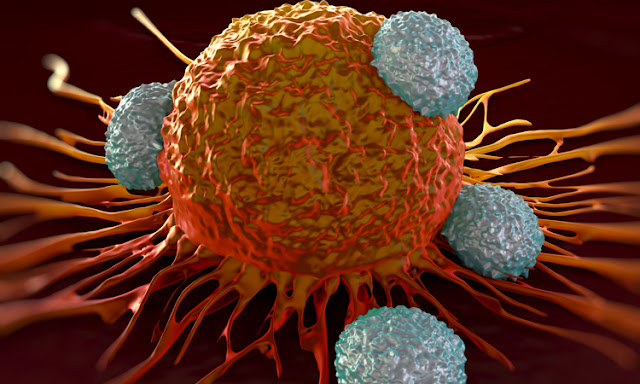Gene Therapy; Helps Treat or Prevent Disease by Correcting the Underlying Genetic Problem
Gene Therapy is a technique that modifies an individual's genes to treat or cure disease. A gene therapy replaces a faulty gene or adds a new gene in an attempt to cure disease or improve the body's ability to fight a disease. It is a logical way to treat rare genetic diseases; cure a single gene defect by introducing a 'correct' gene. A therapy involves altering the genes inside body's cells in an effort to treat or stop disease. Gene therapy is particularly relevant to rare disease patients, as more than 80% of rare diseases have a known monogenic (single-gene) cause.
Gene Therapy can help prevent or cure a wide range of diseases, such as cancer, diabetes, heart disease, cystic fibrosis, AIDS, and hemophilia, among others. Gene transfer is a new treatment modality that introduces new genes into a cancerous cell or the surrounding tissue to cause cell death or slow the growth of the cancer. Cancer types, which have been targeted with gene therapy, include breast, lung, brain, liver, skin, colorectal, bladder, prostate, head and neck, ovarian, pancreatic, and renal cancer, among others.
Thus, with the increase in prevalence of cancer across the globe, the use of Gene Therapy Market is also increase with a rapid pace. For example, according to the American Cancer Society, in 2022, there will be an estimated 1.9 million new cancer cases diagnosed and 609,360 cancer deaths in the United States. The Food and Drug Administration (FDA) has approved Abecma, a cell-based gene therapy to treat adult patients with multiple myeloma, a cancer that forms in a type of white blood cell called a plasma cell.
Moreover, Boston Children's Hospital offers two Gene Therapy treatments approved by the U.S. FDA; Zolgensma for spinal muscular atrophy (SMA) and KYMRIAH CAR T-cell therapy for relapsed acute lymphoblastic leukemia (ALL). In short, gene therapy brings the latest research into genetic and cell-based technologies to treat variety of disease.




Comments
Post a Comment